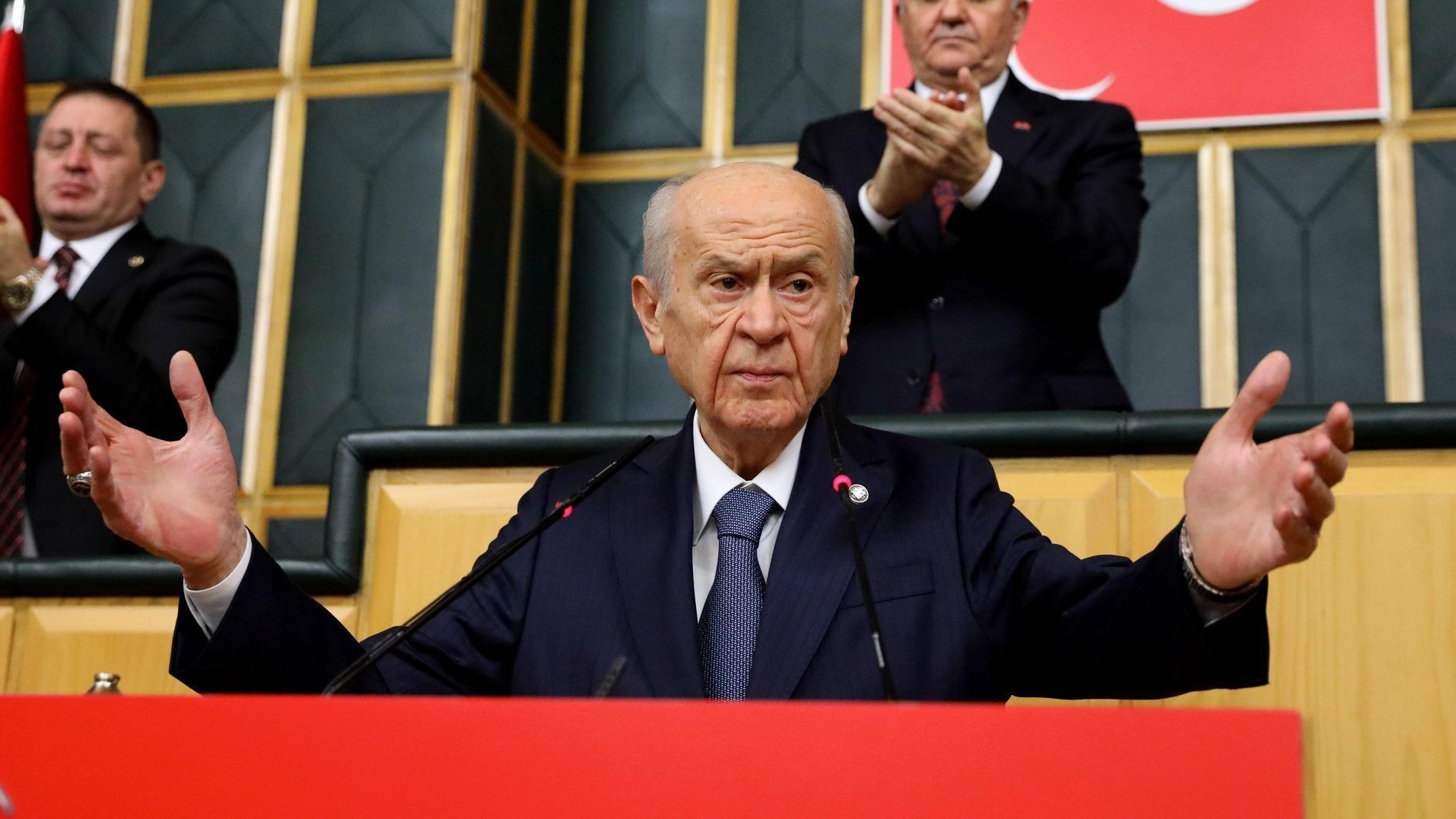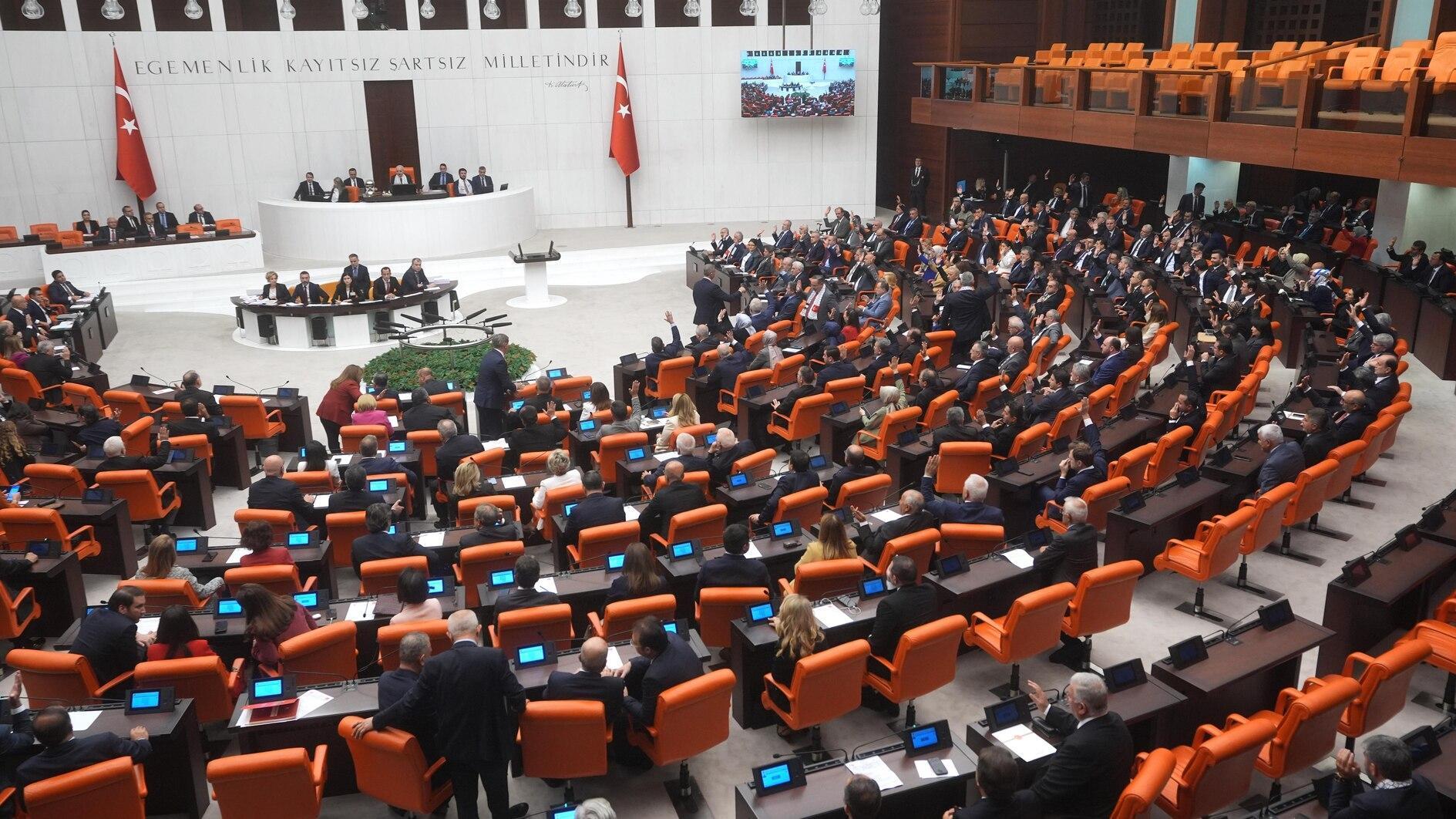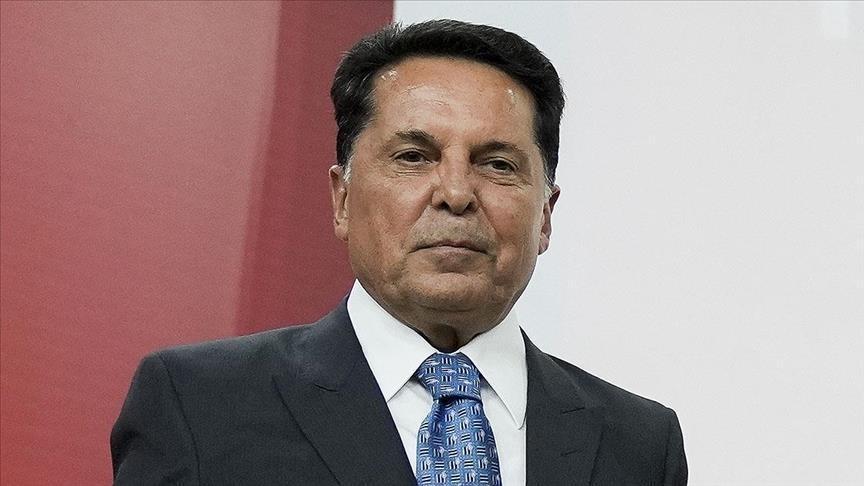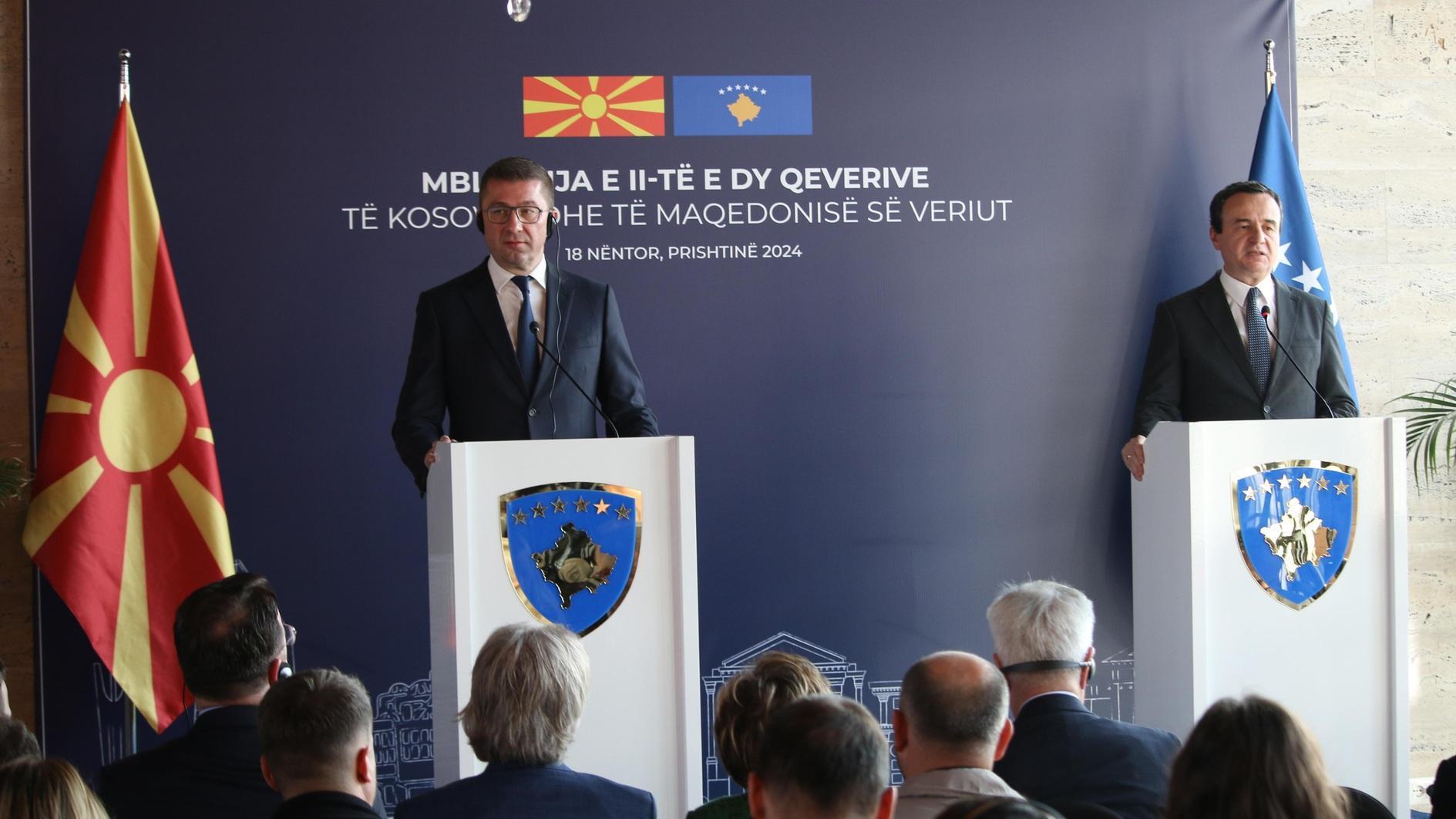‘Confronting political Islam’
William Armstrong - william.armstrong@hdn.com.tr
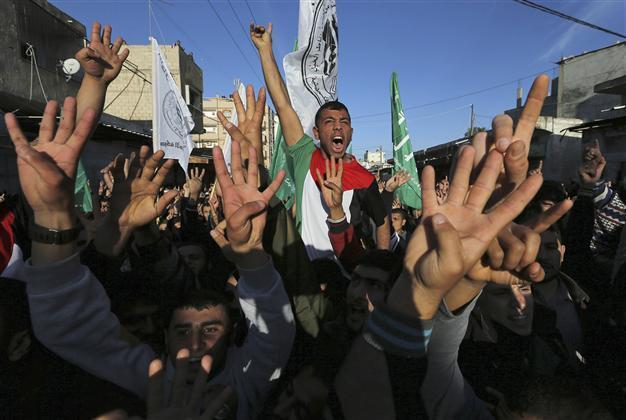
REUTERS Photo
‘Confronting Political Islam: Six Lessons from the West’s Past’ by John Owen (Princeton University Press, 216 pages, $29.95)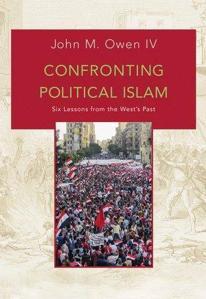 Asking for “lessons to be learned” from historical analogies is often selective and highly tendentious. Amid the unrest roiling the Arab world and the tectonic shifts across the Middle East, there has been no shortage of observers reaching back to cherry pick historical examples and exhort the world to “take lessons.” Examples from history can be found to prove whatever you want – while one analogy suggests the wisdom of one course of action, another suggests the opposite.
Asking for “lessons to be learned” from historical analogies is often selective and highly tendentious. Amid the unrest roiling the Arab world and the tectonic shifts across the Middle East, there has been no shortage of observers reaching back to cherry pick historical examples and exhort the world to “take lessons.” Examples from history can be found to prove whatever you want – while one analogy suggests the wisdom of one course of action, another suggests the opposite.This engaging and thoughtful book by University of Virginia scholar John Owen looks back on a series of upheavals in Western history to better understand the Middle East's current travails and the challenge posed by political Islam. Thankfully, it doesn't succumb to crude analogizing – the author seems genuinely concerned with finding truths, not confirming ideological biases. The title is rather inappropriately confrontational, as the book itself actually strikes a note of caution throughout. Owen understands the limits of historical examples but also recognizes that they can sometimes be illuminating. “History doesn’t repeat itself,” he quotes Mark Twain, “but it does rhyme.”
The book is organized into six chapters, described as “lessons” from Western history, mostly focusing on three broad conflicts: The rise of Protestantism and the sectarian clashes between different forms of religious rule across 16th and 17th century Europe; the bloody struggle between absolute monarchy and republicanism in the late 18th and 19th centuries; and the 20th century contest between the modern ideologies of liberalism, communism and fascism. Of course, looking to Western history to enlighten the Muslim present can be patronizing, assuming that Islam is somehow “further back.” It can likewise betray a two-dimensional view of the world, as if all societies are on one track and destined to end up at one point. Thankfully, Owen avoids these pitfalls, instead simply looking to history for clues about political and social motivation. The result is snappily written but packed with judiciously selected data.
The author is reluctant to draw hard and fixed conclusions, but he does consistently return to the idea that at the heart of today’s unrest in the Middle East is a “legitimacy crisis” over the best way to order society. It is, he writes, “a deep and profound disagreement among Muslims over how far Islam ought to shape the laws and institutions.” Until the 20th century, Muslim lands had little or no experience of separating religious institutions from the ordering of society; and while secular nationalist regimes held the upper hand from roughly 1920 to 1960, in recent decades the question of Islam’s institutional role has returned. Surveys reveal that an overwhelming majority of Muslim citizens in Muslim majority countries favor their legal systems being shaped, at least in part, by Islam. Today, the deep fissure between Islamists and others, with various local differences, is one of the defining features of political discussion in the Middle East.
One of the key points the book makes is that, contrary to what many pundits often implicitly presume, Muslim societies won’t simply “evolve away” from political Islam, or even religiosity. Clouding the view of many Westerners is the lingering whiggish notion that societies will become gradually less religious as they develop and interact more with the outside world. Early Muslim secularists such as Mustafa Kemal Atatürk similarly believed that traditional Islamic society, with its religiously shaped institutions, was collapsing under the assault of modernity. We should know now that the picture is more complicated. Indeed, political Islam is typically a reaction to the modernization process - an attempt to reestablish and reconfigure traditional belief in contemporary society. As Owen writes, “as most of the world has become more technologically sophisticated, urbanized, and socially complex, it has remained as religious as it ever was.” Well-intentioned secularists today watch with incomprehension as modernizing societies stubbornly refuse to comply with neat models of disenchantment. But old habits of mind die hard, and many still mistakenly believe that “pressure from technology, the need to compete in the global economy, or some mysterious inexorable historical process is bound to do its work in the Muslim societies as it did in Christian ones.”
He ends the book with a few pages advising readers to “look at Turkey” as a possible barometer for the future of political Islam. Unlike the optimistic media narrative of 10 years ago, he doesn’t suggest that Turkey is on the path to liberal democracy on the Western model, but rather that some version of its mixture of popular legitimacy with religious overtones may catch on in other places too. That might well be true, though it perhaps overlooks Turkey’s very particular national context - the unreplicable post-imperial sensibility that has motored the ideology of political Islam in Turkey in recent decades. Such oversights might be inevitable in a book giving such a broad sweep, but on the whole it remains full of insight.
Owen also says outside interventions are inevitable in times of crisis. Indeed, that was the case during the Thirty Years’ War, when the Ottoman Empire weighed in by backing various states against the rival Catholic Habsburgs. Sometimes outside interventions can cause more problems, sometimes they can improve things; sometimes they are motivated by pure self-interest, sometimes they are motivated by principle. Most often they are a combination of all these things. Owen writes that such interventions can never solve the struggles by themselves, and often perpetuate them. In the Middle East today, he says, Muslims must in the end “settle their legitimacy crisis themselves, and no one can control precisely when that will be.” That’s one of the rare concrete conclusions he is willing to make in this wise and sophisticated book.


